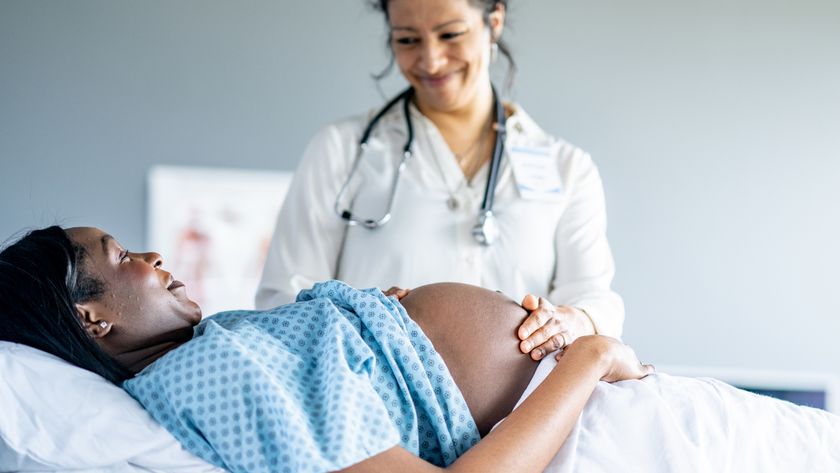Misconceptions About Miscarriages Are Common, Survey Finds

The majority of Americans are misinformed about the causes and frequency of miscarriages, a national survey shows.
Most of those surveyed said they thought miscarriage was rare, and believed that stressful events or chronic stress were the major causes. These false beliefs often lead to feelings of guilt or blame in parents who experience a miscarriage, according to the researchers.
"Miscarriage is a traditionally taboo subject that is rarely discussed publicly – even though nearly 1 million occur in the U.S. each year, making it the most common complication of pregnancy," study researcher Dr. S. Zev Williams, an OB-GYN at Albert Einstein College of Medicine and Montefiore Medical Center in New York, said in a statement. [11 Big Fat Pregnancy Myths]
Williams and his colleagues surveyed 1,083 men and women in the United States about their personal experiences and beliefs about miscarriage, the causes and frequency of miscarriages and their emotional impact on people who experience them.
About 65 percent of those surveyed said they thought miscarriage was rare, when in fact, it occurs in one out of four pregnancies, the researchers said. However, 66 percent reported that the emotional impact is severe and potentially equivalent to losing a child, which is a reality for many people who experience one.
Chromosomal abnormalities are in fact the most common cause of miscarriages, accounting for 60 to 80 percent. But among the survey respondents, 76 percent listed a stressful event as a common cause, 74 percent cited longstanding stress and 64 percent cited lifting a heavy object. Forty-one percent said they believed miscarriages may be due to sexually transmitted diseases, 31 percent cited previous abortions, and 28 percent cited implanted long-term forms of birth control.
Nearly a quarter of those surveyed falsely believed that a mother not wanting the pregnancy could result in a miscarriage.
Sign up for the Live Science daily newsletter now
Get the world’s most fascinating discoveries delivered straight to your inbox.
Results of the survey were presented today (Oct. 17) at the meeting of the American Society for Reproductive Medicine (ASRM) in Boston.
Doctors can identify genetic causes of a miscarriage using karyotyping, a technique for identifying abnormal numbers of chromosomes. But traditional karyotyping must be performed at the time of the miscarriage.
By contrast, a new technique called rescue karyotyping, also described at the ASRM meeting, offers a way of finding abnormalities some time afterward, by testing tissue saved after a miscarriage.
In a recent study, rescue karyotyping that was used on 81 percent of archived tissue samples revealed important information about the cause of miscarriage.
"Through this technique, we hope to get a better understanding for why miscarriage occurs in some women," Williams said in the statement.
Follow Tanya Lewis on Twitter and Google+. Follow us @livescience, Facebook & Google+. Original article on Live Science.


'Love hormone' oxytocin can pause pregnancy, animal study finds

'Mini placentas' in a dish reveal key gene for pregnancy










